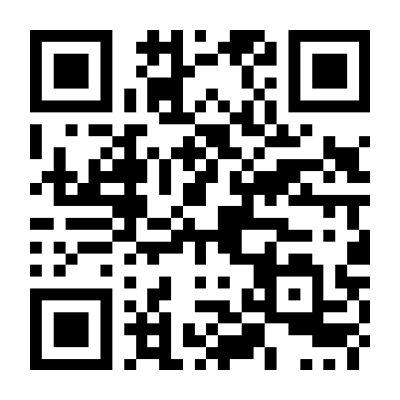多选题
2分
Directions: Read the following text. Choose the best word (s) for each numbered blank and mark A, B,...
Directions: Read the following text. Choose the best word (s) for each numbered blank and mark A, B, C or D on the ANSWER SHEET. (10 points)
Trust is a tricky business. On the one hand, it’s a necessary condition 1 many worthwhile things: child care, friendships, etc. On the other hand, putting your 2 , in the wrong place often carries a high 3 .
4 , why do we trust at all? Well, because it feels good. 5 people place their trust in an individual or an institution, their brains release oxytocin, a hormone that 6 pleasurable feelings and triggers the herding instruct that prompts humans to 7 with one another. Scientists have found that exposure 8 this hormone puts us in a trusting 9 : In a Swiss study, researchers sprayed oxytocin into the noses of half the subjects; those subjects were ready to lend significantly higher amounts of money to strangers than were their 10 who inhaled something else.
11 for us, we also have a sixth sense for dishonesty that may 12 us. A Canadian study found that children as young as 14 months can differentiate 13 a credible person and a dishonest one. Sixty toddlers were each 14 to an adult tester holding a plastic container. The tester would ask, “What’s in here?” before looking into the container, smiling, and exclaiming, “Wow!” Each subject was then invited to look 15 . Half of them found a toy; the other half 16 the container was empty-and realized the tester had 17 them.
Among the children who had not been tricked, the majority were 18 to cooperate with the tester in learning a new skill, demonstrating that they trusted his leadership. 19 , only five of the 30 children paired with the “ 20 ” tester participated in a follow-up activity.
4._____
Trust is a tricky business. On the one hand, it’s a necessary condition 1 many worthwhile things: child care, friendships, etc. On the other hand, putting your 2 , in the wrong place often carries a high 3 .
4 , why do we trust at all? Well, because it feels good. 5 people place their trust in an individual or an institution, their brains release oxytocin, a hormone that 6 pleasurable feelings and triggers the herding instruct that prompts humans to 7 with one another. Scientists have found that exposure 8 this hormone puts us in a trusting 9 : In a Swiss study, researchers sprayed oxytocin into the noses of half the subjects; those subjects were ready to lend significantly higher amounts of money to strangers than were their 10 who inhaled something else.
11 for us, we also have a sixth sense for dishonesty that may 12 us. A Canadian study found that children as young as 14 months can differentiate 13 a credible person and a dishonest one. Sixty toddlers were each 14 to an adult tester holding a plastic container. The tester would ask, “What’s in here?” before looking into the container, smiling, and exclaiming, “Wow!” Each subject was then invited to look 15 . Half of them found a toy; the other half 16 the container was empty-and realized the tester had 17 them.
Among the children who had not been tricked, the majority were 18 to cooperate with the tester in learning a new skill, demonstrating that they trusted his leadership. 19 , only five of the 30 children paired with the “ 20 ” tester participated in a follow-up activity.
4._____
参考答案: B
参考解析: 上一段指出信任有利有弊,本段又提出“我们为什么要信任”,因此可判定这里存在一种递进逻辑。而then最符合递进逻辑关系。故正确答案为B。

 百度扫一扫练题
百度扫一扫练题
 关注千题库公众号
关注千题库公众号








